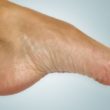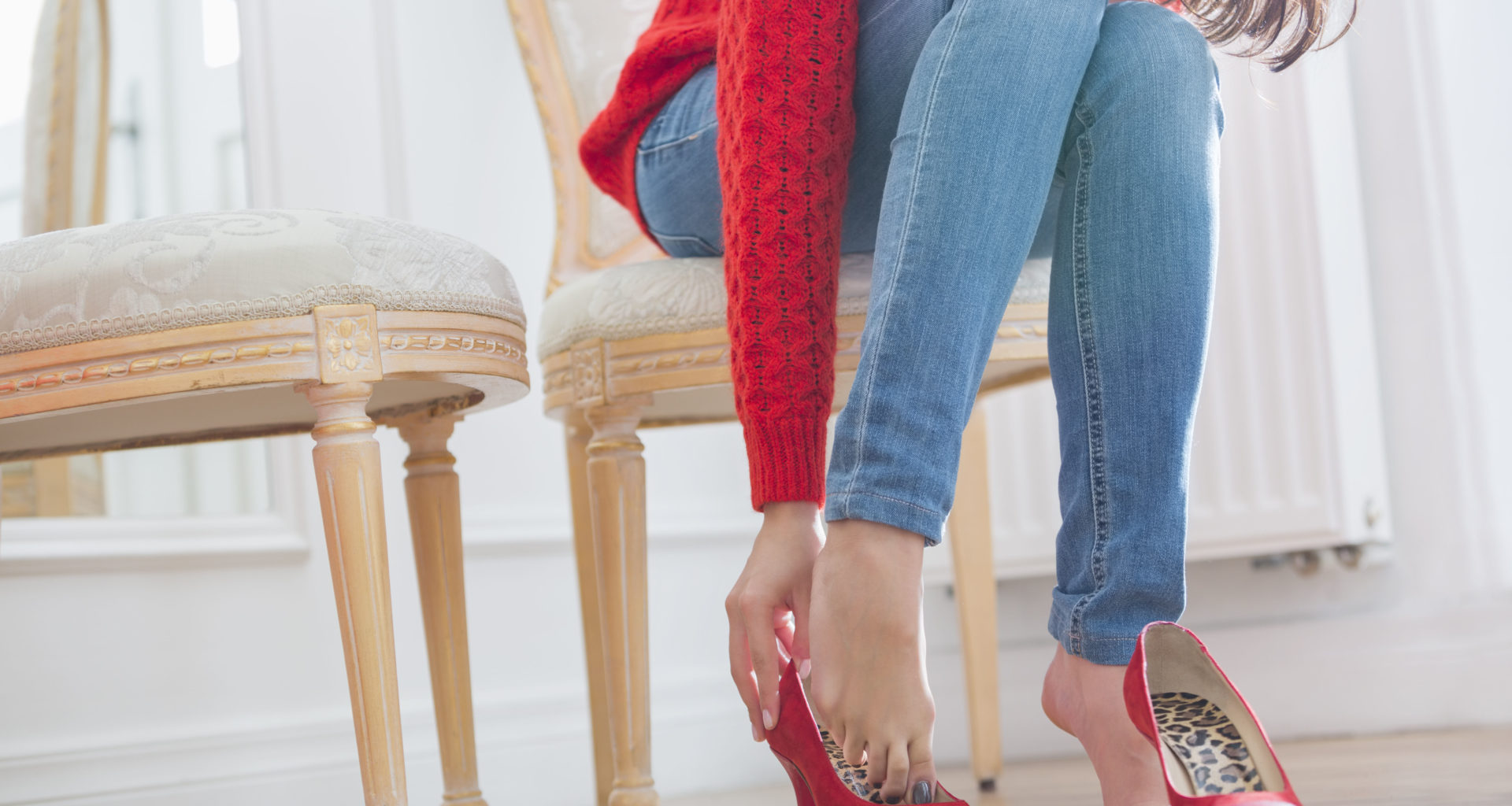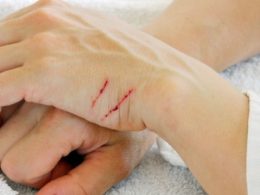For centuries, high heels have been a constant presence in many female wardrobes. Obviously, the heel is not going anywhere and has become the gold standard in women’s footwear for everything – from board room meetings to the flashiest of red carpets. But although high heels are stylish, they can be a cause of problems not only for your feet, but also for your wallets.
The Cost of Wearing High Heels
High heels are mostly the culprit for millions of ankle and foot complaints across the country, but ladies still continue to wear them anyway. Below are some of the disadvantages to constant wearing of heels.
Joint Pain
Unlike other shoe types, high heels sorely lack the much needed shock absorption property. What’s more, when you walk in heels, it stops your foot’s natural ability to rotate since they’re being forced into a straight and non-bending position. This then forces the knee to absorb the force of each step which can lead to severe joint pain and the exacerbation of symptoms of arthritis. This might give you ankle pain, so don’t be surprised if your legs feel all sore after a day’s stint in high heels.
Calluses
When you tend to push your feet to settle into unnatural positions or into tight spaces, you are creating pressure on either side of your foot and toes. The friction between your feet and the sides of your shoes may lead to the hardening of your skin overtime. It may be okay during the winter, but can be a concern during the summer months when you end up being too embarrassed to wear your favourite strappy sandals because your feet is full of calluses.
Lower back pain
When you don your favourite pair of heels and you stand and walk with it, the activity tends to push your pelvis forward which can be very taxing to your lower back which can result to lingering pain.
Falling and ankle sprains
When you wear flat shoes, your weight can be evenly distributed between your heel and the ball of your feet, which puts very little strain in your ankle. Unfortunately, this is not the case when wearing high heels. In heels, an imbalance is created between the ball and the heel which forces the ankle to act as a fulcrum for your entire weight. Ankles are not built to stand that kind of pressure which is why falls, twists and ankle sprains can be very common in people wearing high heels.
Higher risks of having ingrown toenails
A lot of heels have pointy toes, despite the fact that more often than not, the end of the foot is kind of square-ish. The big and little toes are the ones most affected and takes the most pressure as they press against the sides of the high-heeled shoe.
High heels can cause your feet to slide down and compress the toes which may result to ingrown nails. Ingrown nails happen when the side of your nails start to grow in to the flesh, and frankly, the feeling can be quite excruciating.
Tips to Alleviate Discomfort when Wearing Heels
High heels may not be the healthiest choice of footwear but you don’t really have to skip wearing them completely. Take some precautions and you can still reap the benefits of being a few inches taller without suffering from major discomforts.
- Choose a platform heel.
- Look for a comfort brand.
- Only wear heels for a few hours max versus an entire day.
- Try a pair of dressy flats.
- Make use of orthopaedic pads.
- Make it a point to stretch your feet once in a while when wearing heels.
There might not really be a substitute for the way high heels give emphasis to your legs or how they make you feel when you’re wearing them. But then again, if you’re body is already being taxed because of your chosen footwear, it might be time to change your shoes into something that’s a tad more comfy. After all, a lifetime of suffering from knee and joint pain is not worth your high heel fascination. If you must wear your heels, do so in careful and small doses so you won’t run the risk of suffering from the not so good effects of looking fashionable.









